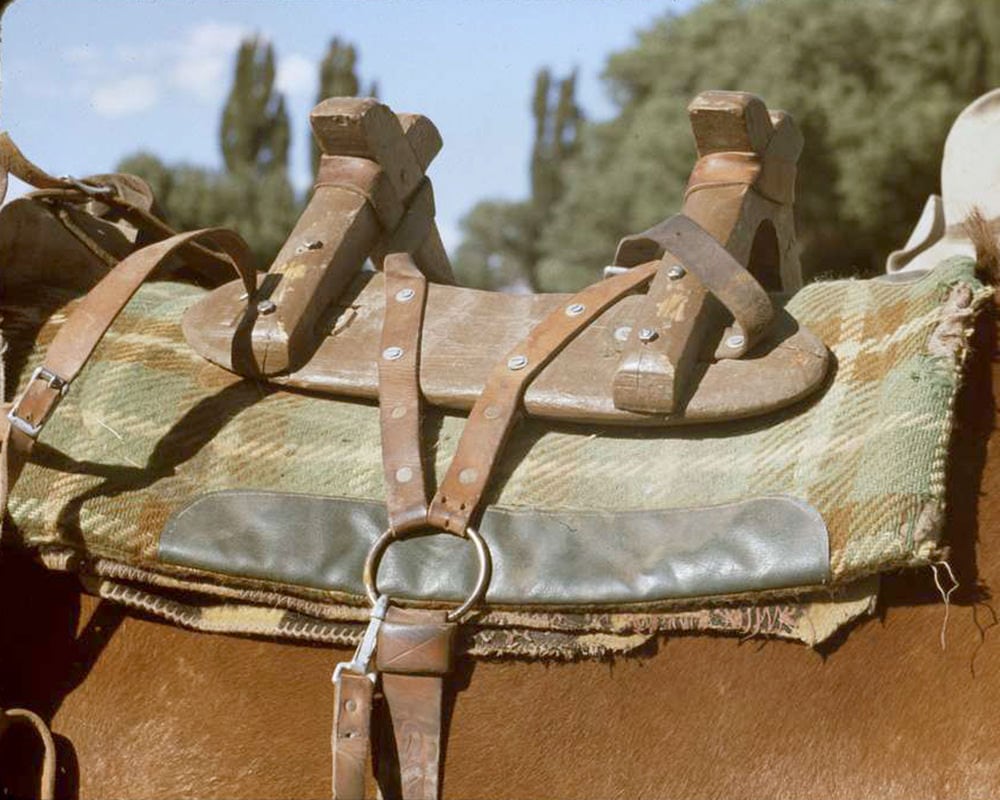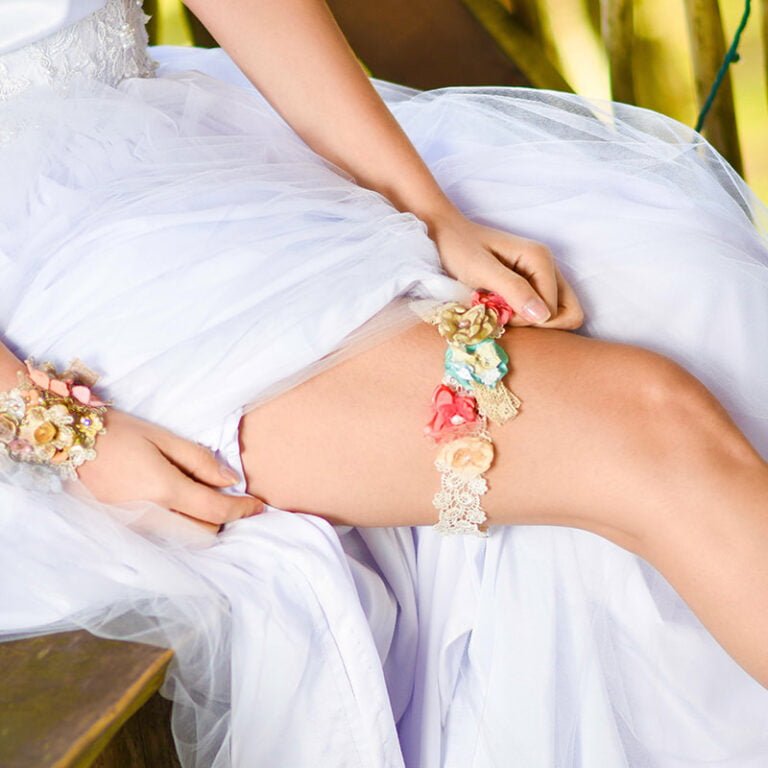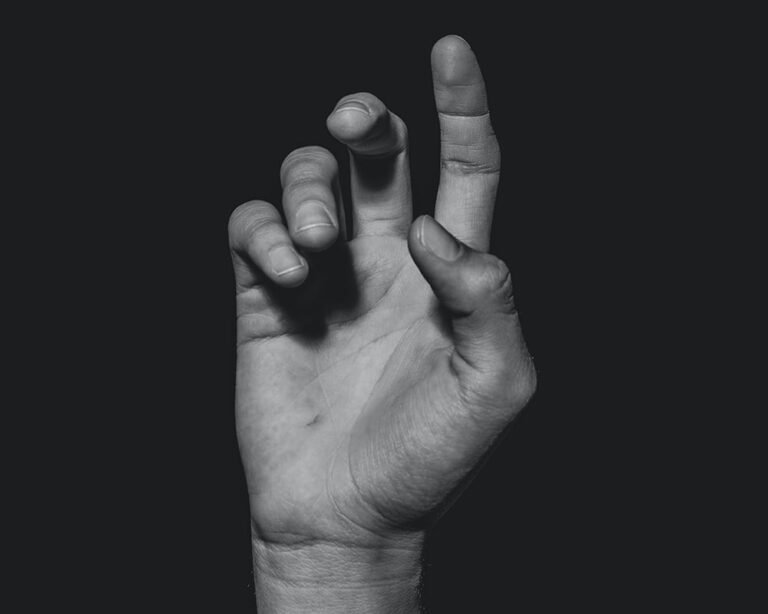savoir où le bât blesse
The French idiom “savoir où le bât blesse” means literally “to know where the pack-saddle pinches.” What it really means is “to know someone’s secret problems” or “to know someone’s hidden pain.”
A pack saddle is a device, usually made from wood, placed on the back of an animal, to enable it to transport goods.
This saying comes from the experience of knowing that a pack saddle, when badly placed on a donkey or other beast of burden, can wound the animal. These wounds are hidden beneath the pack saddle and are only visible once the saddle is removed. These hidden wounds can make the animal irritable or sad, just like a person with hidden problems.
This idiom dates back to the 15th century.
Equivalent English sayings include “that’s where the shoe pinches,” or “to know where the shoe pinches.”






